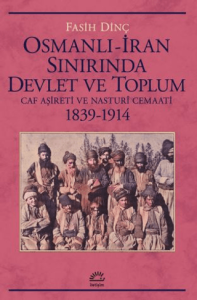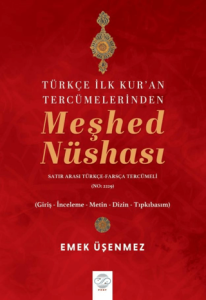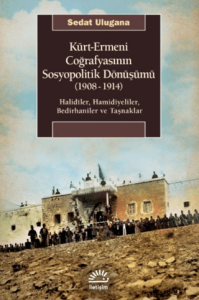
Since the late 20 th century, academic interest in the crypto-Judaic group known as the Dönmes has grown and intensified. Most studies resulting from this interest have concentrated on the Dönmes' place in a world of intersecting identities, and on the nature of their secret religion. In this process, however, narratives by actual members of this community have been few and far-between. This work, based on a series of interviews with a member of the Karakaş group - one of the three main Dönme sects - aims to fill that gap. Complete with introducing chapters on the history of the Dönmes, and in particular the Karakaş group; richly annotated with footnotes that explain local nuances and provide additional resources; this book will appeal both to specialist workers, as well as general readers interested in this curious chapter at the intersection of Ottoman, Judaic and contemporary Turkish history. Previously-unpublished intra-communal religious documents, calendars and partial genealogies of the Karakaş sect are also reproduced in this volume.
Since the late 20 th century, academic interest in the crypto-Judaic group known as the Dönmes has grown and intensified. Most studies resulting from this interest have concentrated on the Dönmes' place in a world of intersecting identities, and on the nature of their secret religion. In this process, however, narratives by actual members of this community have been few and far-between. This work, based on a series of interviews with a member of the Karakaş group - one of the three main Dönme sects - aims to fill that gap. Complete with introducing chapters on the history of the Dönmes, and in particular the Karakaş group; richly annotated with footnotes that explain local nuances and provide additional resources; this book will appeal both to specialist workers, as well as general readers interested in this curious chapter at the intersection of Ottoman, Judaic and contemporary Turkish history. Previously-unpublished intra-communal religious documents, calendars and partial genealogies of the Karakaş sect are also reproduced in this volume.











